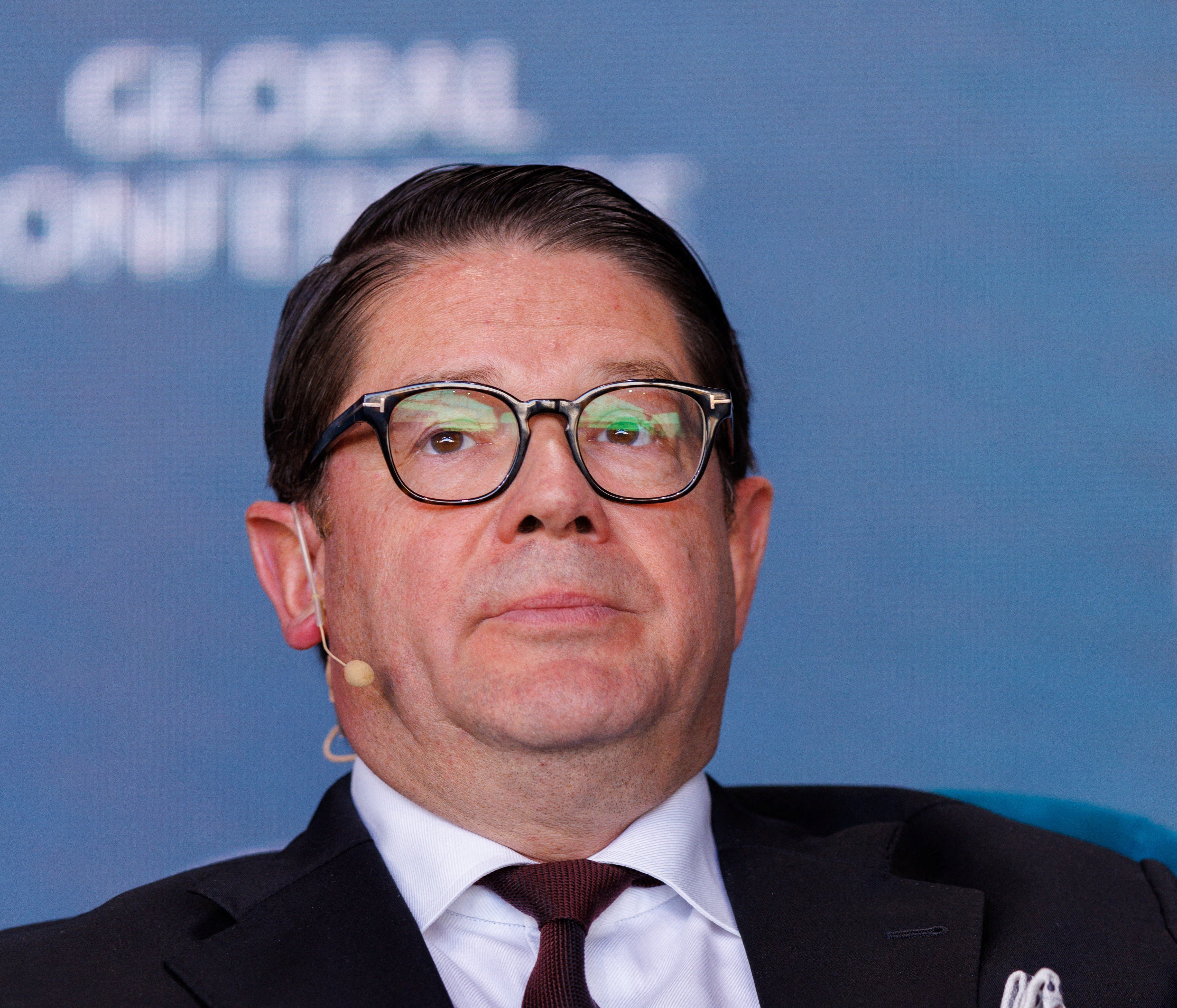Hard Numbers: Bombardier blasts Ottawa, Freight flows fall, Canada-Taiwan trade pact framed, Titanic racket rocks Kiwis
October 26, 2023
Eric Martel, President and CEO of Bombardier
REUTERS/Mike Blake
10 billion: The Canadian government is ready to spend as much as CA$10 billion on new surveillance aircraft, and it looks like the contract will be awarded to Seattle-based Boeing. Canada’s Bombardier is furious. The CEO says the bidding process was flawed and that their US rivals are getting the nod based on “flawed and invalid information.”
4: Total cross-border freight shipments between the US and Canada fell 4% in annual terms in August 2023, according to newly released data. The drop was part of a broader slowdown in North American trade — freight flows between the US, Mexico, and Canada fell 1.7% over the same time period.
70: Canada and Taiwan have hashed out a free trade and investment pact that they hope to have in place in the coming months. Taiwan hopes the agreement, which comprises more than 70 provisions, will help its bid to join the CPTPP, a major transpacific trade grouping that Canada will chair in 2024. The Canada-Taiwan pact is sure to strain already-fraught Canada-China ties, as Beijing does not recognize the sovereignty of Taiwan.
10: If ever you doubt the reach of Canada’s soft power, know that there’s a place in the world where people mount 10 emergency sirens on their cars for the purpose of blaring songs by French-Canadian superstar Celine Dion louder than other cars fitted with sirens for the same purpose. This occurs regularly at 2 a.m. (yes, A.M.) in the town of Porirua, New Zealand. Local residents and officials have tried to stop these “siren battles,” but like Dion’s heart, they go on.
